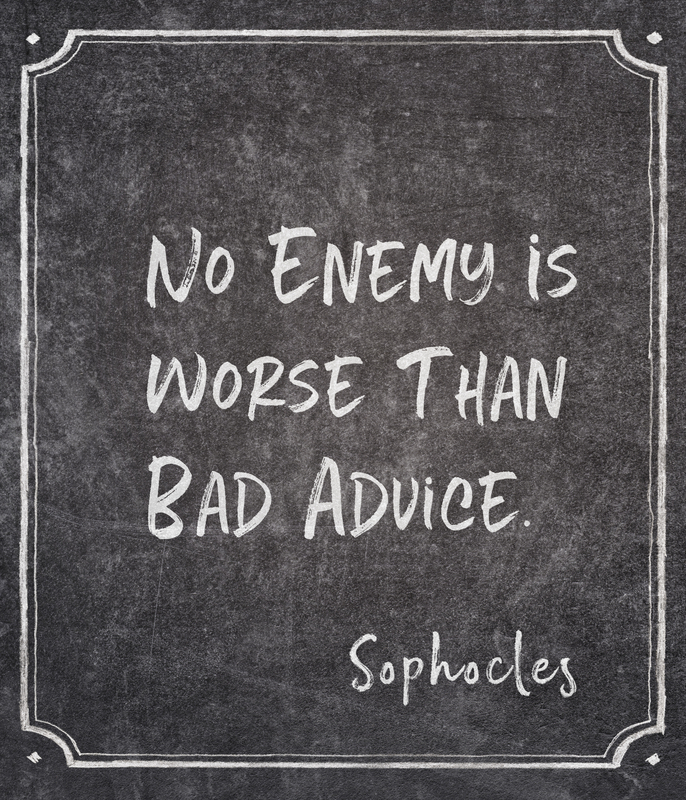There are times when talking about a problem is a good thing. Like when it might help someone who knows we have experienced something similar. We talk it out, but not so we can fix it; we are just listening. Who doesn’t need a shoulder to cry on, a person to listen to, or a friendly bit of advice now and then? The right kind of communication can be healing to body and soul. But is it always important to share everything? Might there not be times when silence is golden?
However, does that mean we should keep all things close to the vest and go through life isolated from the experience and comfort of others? If we could help bear one another’s burdens, shouldn’t we be free to share our situation or seek advice? Yes, we should! We are built to be in relationships, which by definition includes communication with one another on many different levels. So, if communication is a part of the solution and not the problem, maybe it is who we are sharing with that needs to be measured with better care.
Consider the case of Job. He was singled out to be tried and tested for his faith. Despite what seemed to be a man living an upright and blameless life, all he had was destroyed. His property, family, and livestock were all taken from him, yet he did not whine about his issues. Job’s initial response to his calamity was, “God gives, God takes, God’s name be praised.” However, as Job was tested even more, even his wife wanted him to curse God, and he was challenged within himself to find a reason for his troubles. His friends came and sat with him in silence for a week as they saw his torment. But then, as we know, they broke their silence.
Like Job, have you ever admitted your friend’s encouragement wasn’t helping? Well-meaning as people try to be, we can hear their stinging counsel bouncing around in our heads while piercing our hearts like daggers. Things like, “Where is your faith? Shouldn’t your faith be your confidence? Shouldn’t how you have lived give you the confidence to go on?” Beyond that, they usually emphasize that you should not blame fate when things go wrong. “Trouble may find you, but it doesn’t come from nowhere.” The worst religious dart to be tossed is, “If you were truly innocent, would this trouble have come upon you?” In his perceived innocence, Job cried out, “Take it all back; it was better I was never born.” It is as if Job was wearing his calamity like a badge of honor. When Job spoke, he showed his human nature. When his friends spoke, they showed their ignorance.
“Oh that you would altogether hold your peace! Then you would evidence your wisdom and you might pass for wise men.” Job 13:5 Amplified Bible
Eventually, like Job, we begin to buckle from the weight of our friends’ counsel, declaring we wish we had never sought their help in the first place. We often think experience brings wisdom, but it doesn’t always. Experts don’t have a lock on wisdom, and good sense doesn’t necessarily come with age. Job gives a clear example of when silence and weighing the counsel of friends was the better course of action. Yet it was a course not followed as Job continually decried his innocence as if it were a badge of honor.
Like Job, we have all habitually worn our problems like a badge of honor. Who hasn’t repeatedly recounted how hard we have had it in life and the many hurdles that have challenged and seemingly conquered us? This is commonly referred to as “living in the past.” We find this most often when we look back with an eye on how things were yesterday and attempt to keep issues alive when they no longer have practical relevance, only historical significance. But is it good to hold on to this kind of practice?
As all the excuses and complaints of Job and his friends are poured out, we can see that Job is pointing his finger at God while his friends are pointing their fingers at him. Both parties were focused on the unfortunate circumstances and refused to account for their own errors. This testifies to our inability to guide not only ourselves but also others without the help of God’s grace. Perhaps we should weigh heavily whether our circumstance is something we should share with God alone, pondering things in our hearts rather than clouding them with unnecessary discussion.
Human error comes naturally, as we are too capable of saying or doing the wrong thing on our own. Abiding in the river of God’s ever-present, ever-flowing grace, we can become the friends and advocates we ought to be to one another, admonishing, edifying, and counseling one another with the love and wisdom of the Holy Spirit. Whether we keep things to ourselves or choose to share with our trusted friends, our speaking should be directed by the Holy Spirit so that we inspire hope and faith for the future. We study history to learn from our past, but in gaining wisdom, we might sometimes be better served to let the past lie silent and just be the past.
Please tell me what you think by clicking the link to the Contact Page here


